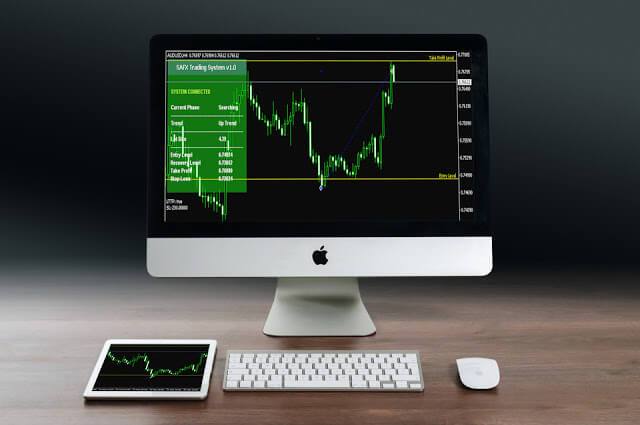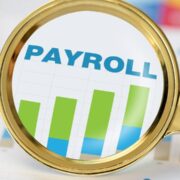Do you know how much are your monthly expenses? Do you keep a tab on your monthly savings? Do you save in the first place? What do you do with your savings? Do you invest? These are some of the essential questions you need to start asking yourself if you want to remain financially independent even after you retire. Does planning for retirement really feels like an unnecessary task? Trust us; it is more important than you think. Especially if you are someone who isn’t good with wealth management and often finds it difficult to manage your monthly expenses with your monthly income, it is high time you cut down on all your unnecessary expenses.
Retirement planning is not something that your co-workers or friends will talk to you about, but it is necessary that you stop procrastinating and start acting. Retirement is that phase of your life when you will be all set to enjoy your life’s savings. But for that, you need to invest in a retirement fund or in a retirement investment plan which has the potential to help you get to your desired retirement corpus.
Once the idea of planning for retirement sinks in, here are seven questions you should ask yourself:
1. What am I going to do after retirement?
Once you hang up those boots, you will be left with an ample amount of time. Do you have a PLAN B? Have you decided what are you going to do post retirement? Are you planning on globetrotting? Or planning to open a café? Or planning to volunteer with an animal welfare foundation? Whatever it is, make sure that you find the answer this question while planning for retirement.
2. Does your employer offer a pension?
There are few organizations which offer pension schemes. Some organizations open an employee provident fund on behalf of their employees. Once you retire and receive your certain amount from your EPF which you can invest in a solution oriented retirement fund . In the absence of an EPF, one can consider a government pension schemes which might help you with regular income flow even after retirement. You might want to save more and regularly invest so that you have enough money to stay financially independent for at least two to three decades post retirement.
3. Does your employer cover your health insurance?
Remember that pension schemes or EPFs are completely different than health insurance. There are few companies who cover medical treatments for its employees and their families too. Does your employer offer you with a health insurance? And even if they do, does it cover all the types of medical treatment which are bound to show up with old age? Does the healthcare scheme cover for your family members as well? If not, then you need to invest in a good health scheme for you and your family members, so that you don’t have to touch your retirement corpus in case of medical emergencies.
4. Do you have enough backup to retire early?
A lot of us desire to retire early, but only a few manage to achieve this dream. Retiring early requires you to make sure that you have accumulated enough wealth. But how much is enough? To speak the truth, no matter how much you save, it’s never enough. Because retirement is a phase when you will be withdrawing more and saving less. And if you are planning to retire early, let’s say at 40 years of age, this means that you should have accumulated a commendable corpus that should keep you financially independent for at least 30 to 40 years post retirement.
5. Will I be able to afford my daily expenses after retirement?
This again is an important question you need to ask yourself while planning for retirement. You will mostly be financially dependent on limited income sources, like pension when you retire, and hence, it is necessary to know if you can make ends meet with your post retirement income. Some necessary expenses like utility bills, ration, etc. will remain constant, but you might have to restrict other unwanted expenses.
6. Can I survive in the current place even after retirement?
Now, this is totally subjective, but a possible question you might have to ask yourself while retirement planning . If you are someone working in a foreign city and living on rent, you might have to consider moving back to your hometown after retirement. This can save you from paying hefty house rent, and you can invest that money in a favourable equity fund instead.
7. Have I focused on building a decent emergency fund?
A series of unexpected expenses are bound to pop up during your retirement life, and for that, you need to build an emergency fund well in advance. An emergency fund is made to make sure you can liquefy cash quickly when unexpected expenses arise. Due to some reason, if your monthly cash flow comes to a standstill, you will have a emergency fund to back you up for at least three to six months. Thus, this is an important question you must be asking yourself while planning for retirement.
We hope that the above questions are an eye opener for anyone who has been taking retirement planning lightly. Invest in a retirement fund which holds the potential to offer you some decent returns. The early you invest, the more time you can give your money to grow.












Comments